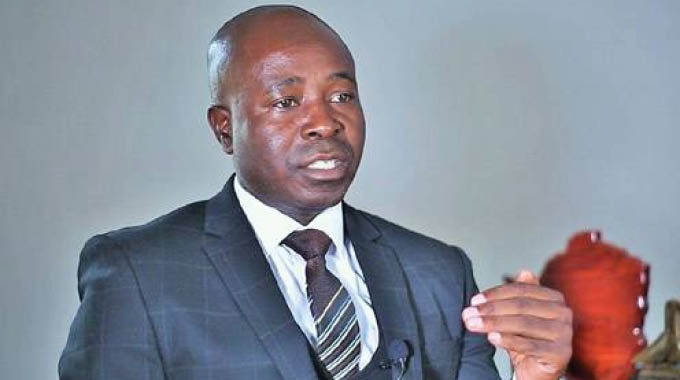
The Sunday News

Sunday News Correspondent
In the face of the shortage of electricity as a result of the low power generation at the Kariba Power Station, businesses have resorted to using other sources of energy such as solar and generators despite the high costs involved.
The Kariba Power Station is currently generating about 300 megawatts (MW) because of the low water levels at the lake. In separate interviews on Friday, business leaders said to avoid losing out and to sustain their operations they have no option but to turn to other sources of energy.
Confederation of Zimbabwe Retailers (CZR) president Mr Denford Mutashu said the Government should waive duty for the importation of generators and solar gadgets.

CZR president Mr Denford Mutashu
“It is still quite unbelievable by the generality of business that there is insufficient water to generate (power at Kariba) or we have used up our allocation of water to generate more electricity. However, most businesses have started investing in generators and solar-powered electricity.
We call upon Government to also waive duty for importation of generators as well as an array of solar gadgets into the country. This can also alleviate the impact of the current challenges that we are facing as businesses,” he said.
Mr Mutashu said prices for basic commodities will rise because of the power shortages in the country.
“It’s a crisis on both the supply and the payments issue. As it is you may also remember that the power supplier has demanded payment of electricity exclusively in foreign currency the USD especially for commercial purposes.
This means there is more pressure on businesses. It piles more pressure on pricing, it also piles more pressure on members of the public and consumers. Ultimately prices rise because of power challenges. It affects the budgeting by the majority and generality of Zimbabweans,” he said.
Matabeleland Zimbabwe National Chamber of Commerce (ZNCC) chairperson Mr McKenzie Dongo said it was high time businesses looked for alternative sources of energy.
“As business we have alternated to using different sources of energy like solar and generators but the cost of doing so is huge for business and this will leave businesses with no option but to pass the cost to consumers.
“There are also some of our members who cannot afford these alternative sources of power and these are having to wait for grid power to return and the result of that is lost production. This may lead to some shortages of goods in the economy if left unmanaged,” he said.
Last month, at least 12 Bulawayo suburbs went for almost 24 hours without electricity following a technical fault on the Zesa grid. A snap survey by Sunday News revealed that butcheries were using other sources of energy to avoid losses in their businesses as their products are perishables.
“We have resorted to using other sources of energy. However, it’s becoming difficult for us as butcheries. If no action is taken it means, we will be making losses worse during this festive season where people buy a lot of meat as they will be merry. Prices might even go up because of this loadshedding,” said a butcher from Entumbane suburb.
Furthermore, the country has been facing electricity supply challenges, owing to depressed generation at thermal power stations and vandalism of distribution infrastructure. In the 2023 National Budget, the Minister of Finance and Economic Development, Professor Mthuli Ncube, acknowledged that the domestic electricity generation was facing challenges.

Mthuli Ncube
“Domestic electricity generation faces a number of challenges, including obsolete equipment and infrastructure, inability to attract significant private sector investment, and other financing instruments. As well as other structural bottlenecks. All of which have impacted on electricity supply in the country, leading to loadshedding,” he said.
Prof Ncube said the Hwange 7 and 8 Expansion Project was almost complete. The 2023 Budget will, therefore, prioritise the timely completion of Hwange 7 and 8 Expansion Project, now at 95 percent completion. It will bring an additional 600 MW to the national grid.
“Ongoing works at the project will be sustained by disbursements from the China Exim Bank loan facility and additional resources to be mobilised by the parastatal. As well as $3 billion from the fiscus for local works,” he said.
He said an additional US$13.5 million from development partners will target rehabilitation of distribution and transmission infrastructure at the Kariba Dam rehabilitation, green energy sources interventions, as well as provision of technical assistance.



